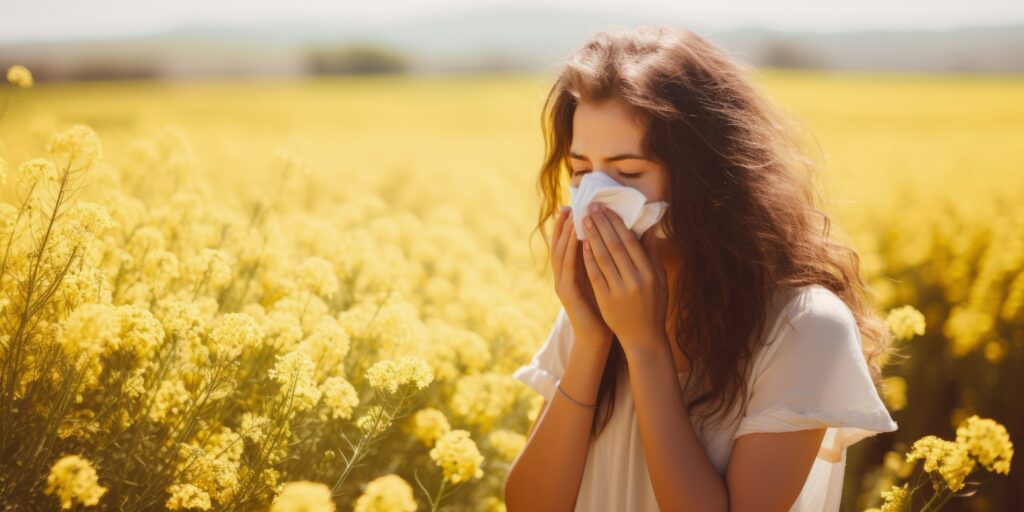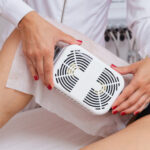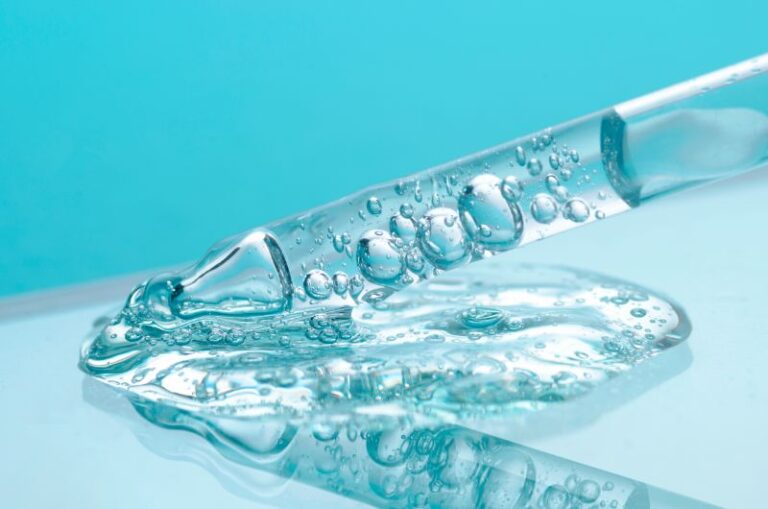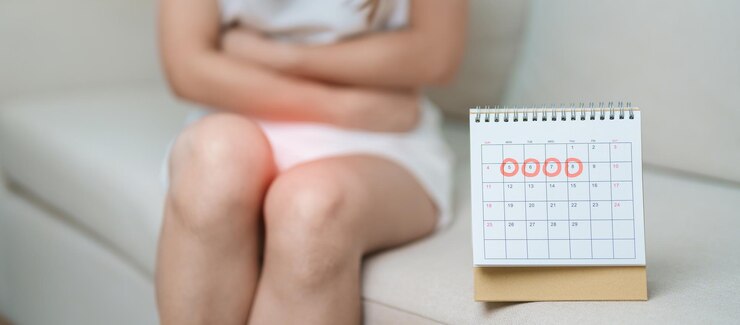Hay fever, or as many people know it, allergic rhinitis, is a condition that affects many people, particularly during specific times of the year. It can be pretty challenging for people living in Melbourne due to its unique position in climate and pollen count. If you are suffering from hay fever in Melbourne today, then you are not alone. The guide below will detail the best remedies and strategies to manage hay fever correctly so that you can spend your day with lots less discomfort from allergy symptoms.

What is Hay Fever and Why is It Common in Melbourne?
Hay fever is an allergic response to mere allergens of various types, including air-borne ones like pollen dust mites, mould, and pet dander. Some systems respond to allergens through over-reaction of the immune system; when it comes in contact with the allergen, it shows symptoms like sneezing, a running nose, itching in the eyes, or irritation of the throat. In Melbourne, hay fever may be said to be at its worst due to the number of grasses the city has, hence high exposure to grass pollen.
The climate of Melbourne is characterized by hot springs and winds, which further increase the pollen count in the atmosphere. This city is known for its unpredictable changes in weather conditions; thus, these can also trigger hay fever symptoms. Those who suffer from hay fever in Melbourne today find that their symptoms are made worse on days when the pollen count is particularly high. Awareness regarding the local environment is the principal component for the proper management of hay fever, along with active steps toward the same.
Common Symptoms of Hay Fever in Melbourne
Today, if you are suffering from hay fever in Melbourne, then you may come up with the following symptoms:
- very frequent sneezing and coughing
- Runny or blocked nose
- Itchy or watery eyes
- Irritation and itchiness of your throat
- Headaches and pain in your sinuses
- Exhaustion because of disturbed sleep.
The symptoms may be mild, but during the worst phases, they could be really serious, depending on the pollen levels and the level of your sensitivities to allergens. It is important to identify symptoms at an early stage and take proper steps to manage them.
Identifying Triggers of Hay Fever in Melbourne
The main basis for the good management of hay fever in Melbourne is understanding the cause. The most common causative agent and trigger is grass pollen, with Ryegrass being at the forefront, and usually occurs in spring and early summer months. Other triggers include:
- Tree and Weed Pollens: Trees include birch, cedar, and cypress, while weeds include ragweed and plantain; these can release pollen into the atmosphere and aggravate hay fever.
- Dust Mites and Mold Spores: Both are always indoors and may exacerbate hay fever symptoms.
- Air Pollution: Closely tagged with vehicle and industrial emissions, air pollution exacerbates hay fever, especially on highly smoggy days.
To be able to stay out of the way of or at least minimize exposure to the triggers, one needs to have daily updates about pollen count and air quality in Melbourne.
Today’s Top Remedies for Managing Hay Fever in Melbourne
It has now become necessary for the people of Melbourne to adopt multi-dimensional approaches in managing hay fever. Some of the most efficient remedies include:
Over-the-Counter Medications
- Antihistamines: These drugs form part of the first line of defence against the symptoms of hay fever. In essence, they prevent the action of histamine chemical that is usually released during an allergic reaction. Non-drowsy antihistamines, such as cetirizine and loratadine, are suitable for daytime use.
- Nasal Corticosteroids: These sprays dampen the inflammation in the nasal passages, improving symptoms such as a runny or blocked nose. They are very important for people suffering from serious hay fever today in Melbourne.
- Decongestants: Decongestant nose sprays or tablets can quickly reduce nasal congestion but should not be used more than for a couple of days consecutively to avoid rebound congestion.
Natural and Home Remedies
- Nasal Saline Irrigation: You can rinse your nasal passages with a saline solution, which removes allergens from your nose and reduces the symptoms. It is non-expensive and quite an efficient treatment for hay fever sufferers living in Melbourne.
- Consumption of Local Honey: Consumption of local honey serves as a form of natural immunotherapy. As you slowly build up a tolerance for the pollen in the air, the symptoms of hay fever will eventually settle over time.
- Essential Oils: Eucalyptus, peppermint, and lavender possess anti-inflammatory and decongestant properties. Using them in a diffuser or directly inhaling them may help relieve symptoms.
Lifestyle Adjustments
- Stay Indoors During High Pollen Count Days: Whenever possible, avoid going out during high pollen count days. The levels of pollen are generally very high in the early morning and late afternoon hours.
- Keep Windows Closed: Keeping windows and doors shut significantly blocks the entry of pollen into your house or car, especially on windy days.
- Use Air Purifiers: An air purifier fitted with a HEPA filter can help minimize indoor allergens, thus giving you relief from hay fever in Melbourne today.
- Shower and Change Clothes After Being Outdoors: The small size of the pollen allows it to attach itself to skin, hair, and clothes. All this tends to reduce exposure when one showers and changes clothes immediately after being outdoors.
Check Pollen Counts and Weather Updates Regularly
One of the excellent strategies for hay fever management for a person in Melbourne today is to know the local pollen count and weather. Several websites and phone applications report current pollen counts together with air quality. Knowing will enable one to plan accordingly and take necessary precautions on those days when the levels of pollen are high.
When to Seek Medical Help
Most instances of hay fever can be treated with over-the-counter remedies and lifestyle changes. However, there are certain instances wherein medical attention may be required if:
- The symptoms are grave and not improved by conventional treatments.
- There is difficulty in breathing or wheezing.
- It is quite intrusive on your daily activities or quality of life.
A healthcare professional may prescribe prescription medications or allergy shots, also called immunotherapy, which can help control your symptoms.
Conclusion
Hay fever in Melbourne can be relentless and annoying, particularly when the pollen count is high. You can, however, bring most of the disturbing symptoms to a halt with the right strategies and remedies that will reduce their interference with your daily activities. From recognizing common triggers to combining medications, natural remedies, and lifestyle modifications, many options are available today to alleviate hay fever symptoms in Melbourne. Stay active, stay informed about the pollen count, and take all possible measures to shield yourself from allergens. Then, you’ll be the one walking around and enjoying life in Melbourne without any intrusion by hay fever.
Additional Resources
For more specific information on hay fever in Melbourne, refer to the latest remedies and treatments that your local healthcare provider would recommend. After all, the first step to a much happier and healthier life is to take responsibility for your health.












